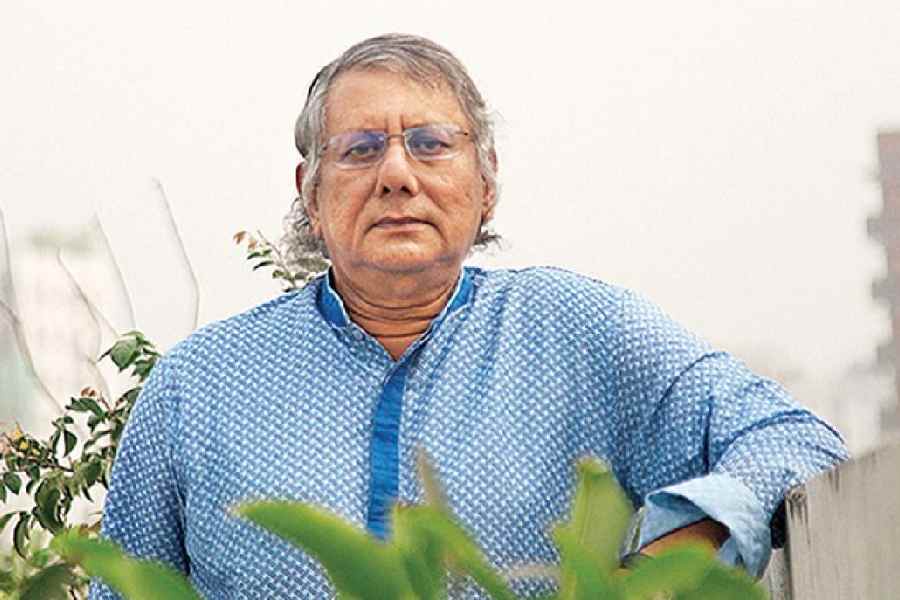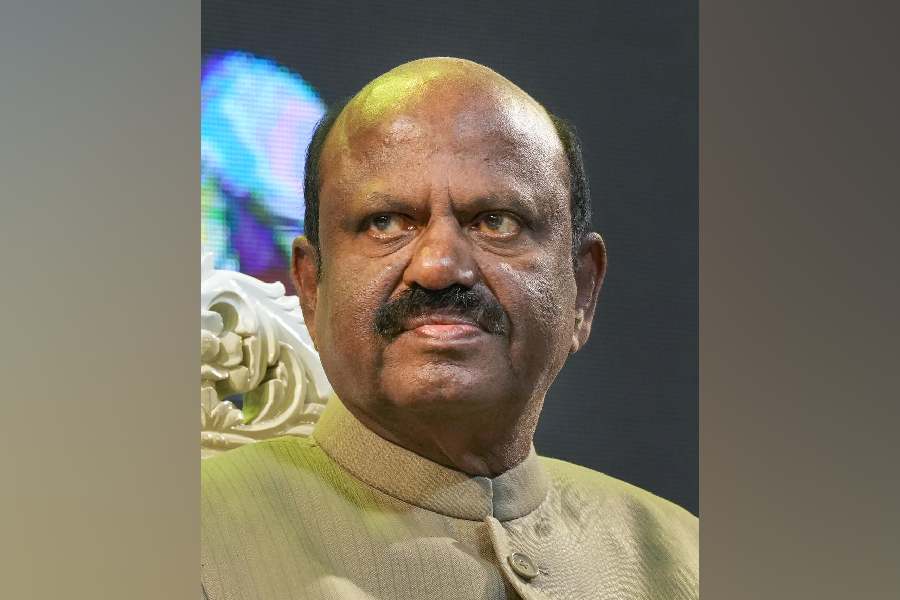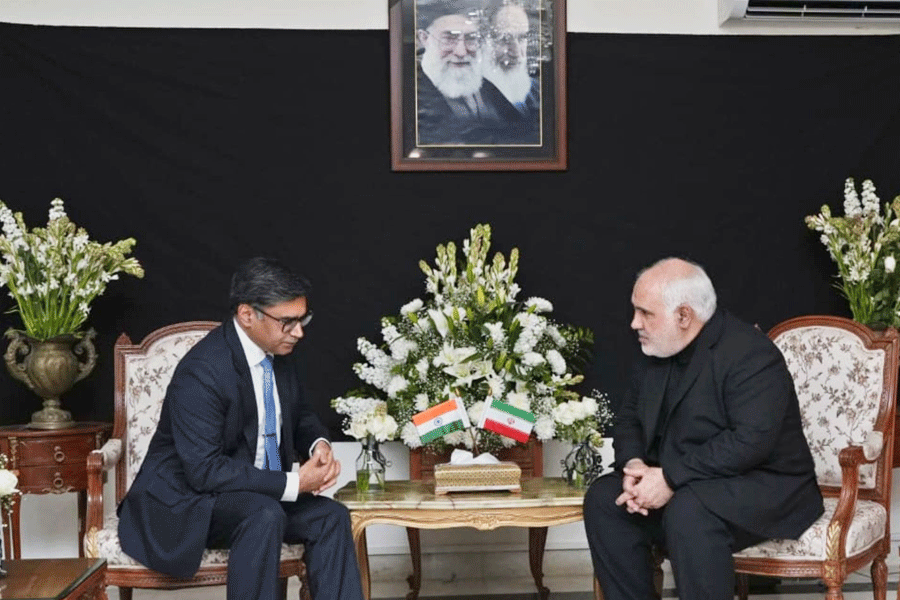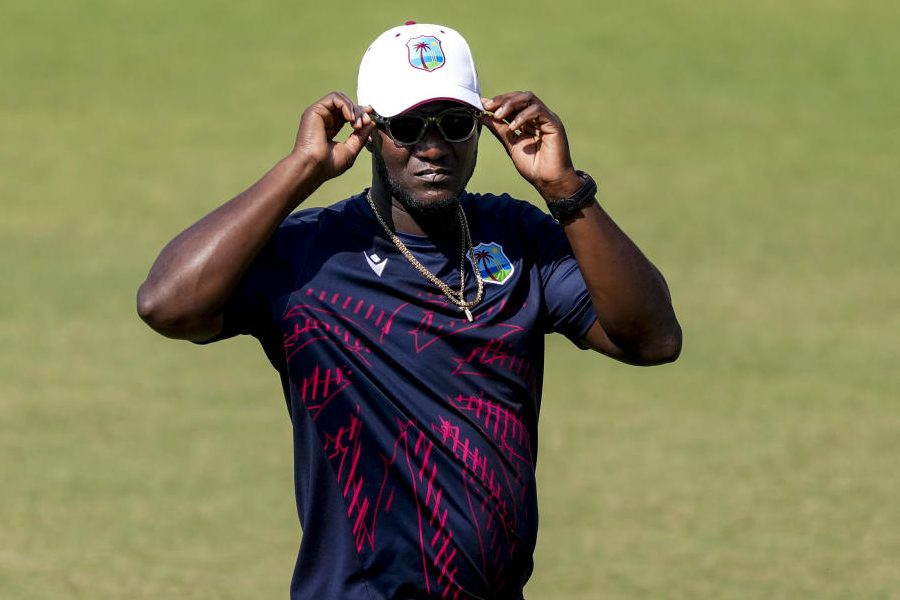Tanvir Mokammel is an internationally acclaimed Bangladeshi filmmaker. Born in 1955 in Khulna, in what was then East Pakistan, he studied at Dhaka University and worked as a Left-wing activist and journalist in support of landless peasants in the villages of Bangladesh. Among his most admired feature films and documentaries are Nodir Naam Madhumati, Chitra Nodir Pare, Rupsa Nodir Banke, Lalsalu, Lalon, Jibondhuli, Simantorekha, Swapnabhumi, Karnaphulir Kanna and 1971. Mokammel has also written novels, short stories and essays. In 2017, the Bangladesh state conferred on him the prestigious Ekushey Padak, the second highest civilian award in Bangladesh for his contributions to film and culture. Mokammel is currently director of the Bangladesh Film Institute. Prasun Chaudhuri interviewed Mokammel via email about recent political developments in Bangladesh. Here are the excerpts.
Q. Your films have always promoted liberal views. But given what has been happening in Bangladesh since last August, has your dream of a secular society in Bangladesh gone sour?
Unfortunately, the majority of people of Bangladesh, including the youth, now lives under the spell of religious preachings and waz mahfils or religious gatherings.
In these gatherings misogynist mullahs, with their vitriolic speeches, continuously spread malice against all kinds of secular values. But then again, since my youth I have been struggling against communalism and I am very much aware of the challenges we are up against. I am concerned but not panicked.
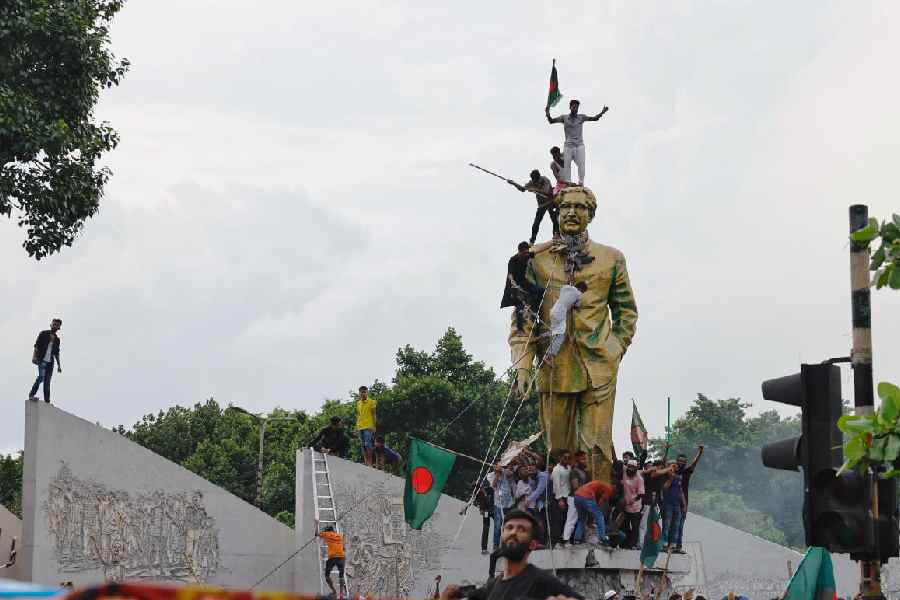
People vandalise the statue of Sheikh Mujibur Rahman at Bijoy Sarani area, the 'Father of the Nation', as they celebrate the resignation of the Prime Minister Sheikh Hasina in Dhaka, Bangladesh, August 5, 2024. Reuters
Q. Does it make you think your films did not quite manage to influence/reach a huge section of people, especially the youth?
My films have a niche audience. So the scope of these films to influence teeming millions is limited. But I can reassure you the youth that watched them were definitely influenced by the non-communal values. For instance, one of my films, Lalsalu, an overtly anti-bigotry film, has a YouTube audience of almost three million. Most of the viewers are young people and the film seems popular among them. In Bangladesh, there is still a big section of people, including youth, who are secular.
Q. Younger generations of Bangladeshis seem to have forgotten the history of Bangladesh’s birth.
I agree. A large segment of our youth unfortunately is oblivious to the memories of the 1971 Liberation War. Collective memory is very important in nation-building. As Czech novelist Milan Kundera said, “Struggle of people against power is the struggle of memory against forgetting.” I believe, as a filmmaker and writer, my job is to oppose the hegemonic and domineering ethos of the ruling class, and to rekindle past memories.
George Orwell believed that he who controls the past controls the future and he who controls the present controls the past. This is one reason why history has become a bone of contention among the power elite of Bangladesh. They propagate insular narratives about what happened in the 1971 Liberation War to suit their political motive. And this is why an entire generation of Bangladeshi youth has grown up knowing a distorted version of the Liberation War. This is exactly why I spent seven years of my life making a mega-documentary on the 1971 war. But it seems now that that effort was not enough.
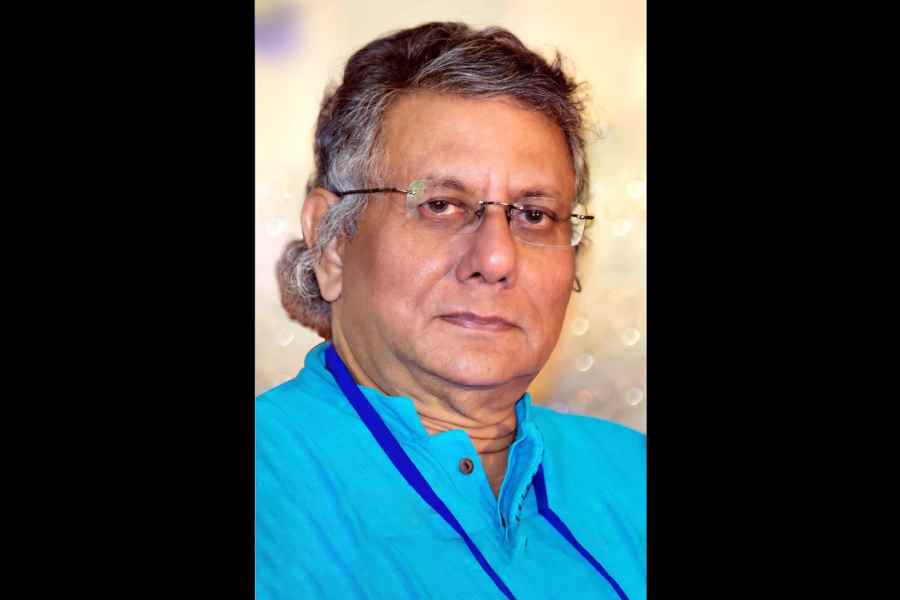
Tanvir Mokammel, Bangladeshi filmmaker. Courtesy: Tanvir Mokammel
Q. Would you say Pakistan has succeeded in confusing the national and secular identity of Bangladeshis?
You see, nation and community are two very different things. In Bangladesh, what has recently won is not pan-Islamist fundamentalism, but a confused notion of nation-state.
Q. In many of your films, you use the river as a narrative device. Is it also meant to serve as a metaphor of some sort?
Bangladesh is a riverine country and I feel drawn to the enchanting beauty of its rivers. I do not own any land, or a house, or an apartment, but I have a boat. I live for long periods on it and use it to explore the rivers of Bangladesh. The river appeals to me on many levels. So many things happen on its banks but a river keeps on flowing. We too have to keep moving no matter what happens.
Q. Your film Rupsa Nodir Banke captures the history of Left-wing politics in undivided Bengal. Why didn’t communism flourish in Bangladesh?
The communist movement, based on Marxism-Leninism, never had any real chance to succeed in Muslim-majority East Bengal. Steeped in Islam, the people of Bangladesh are too conservative to accept any atheist ideology.
Q Right after I saw your documentary 1971, I happened to see another film on the 1971 genocide. Krishnendu Bose’s Bay of Blood concludes with a comment by Daniel Feinstein, an international genocide expert. Feinstein says, the 1971 Bangladesh genocide “failed and also succeeded”. Would you agree?
To some extent that is true. After the horrifying genocide perpetrated by the Pakistan Army during the 1971 war, it was expected that Bangladeshis, once and for all, would be disillusioned about the Pakistani brand of political Islam and be done with communal disharmony.
But unfortunately, the ground reality went wayward. Especially after the brutal murder of Bangabandhu Sheikh Mujibur Rahman and his four close colleagues in 1975, the secular ethos in Bangladesh polity and society gradually began to go downhill. Many amendments to the once-secular Bangladeshi constitution took place and now that well-meaning constitution of 1972 has become badly truncated and has lost most of its secular tenets.
Over the years, the psyche of a large section of Bengali Muslims too has changed. You have to understand that in a country with limited democracy like Bangladesh, the State remains the most potent and powerful social organisation, and any change in the citadel of state power causes substantial change in the mindset of the people too. I reckon the wheel is still spinning. It is too early to make any kind of prophecy.
Q. What do you think awaits Bangladesh? Will it thoroughly get Islamised now?
Islam in East Bengal was preached not by the extremist Wahhabis but by the Sufis whose version of Islam was soft and inclusive in nature. Besides, the centre of Wahhabi fundamentalism, Saudi Arabia, is itself changing fast. So in this globalised world, it is not realistic that Bangladesh, a faraway country from the epicentre of Wahhabism, will become thoroughly fundamentalist.
There are saner voices active in Bangladesh even now. As I told you before, the State is the key player here. Much depends on who controls the state apparatus.

